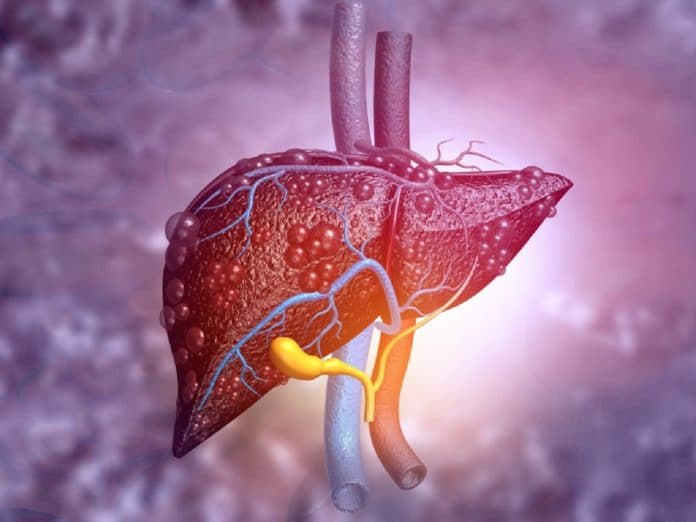A new study fills in a gap in how scientists comprehend the connections between heart health and different tissues and could inform the advancement of new treatments in human medication. The study observed the cardiac health of flies and offers further evidence that liver dysfunction may lead to deterioration of the heart.
In past studies, scientists from Iowa State University studied how cardiac health in flies changes with age. In a new study, scientists cover new ground in the function of a poorly understood organelle called the peroxisome, which may play a significant role in how organisms age.
Hua Bai, an assistant professor of genetics, development and cell biology at Iowa State University, said, “We were thinking outside the heart for this paper. We wanted to find out if other tissues affect cardiac function during aging. Significant data is suggesting that liver function is a risk factor for cardiac disease. A patient with a lot of liver dysfunction often develops the cardiac disease. This is a concern because you may have two diseases that you have to deal with for these patients.”
“No direct link between liver and heart disease has emerged in experiments, leaving medical professionals unsure if the two factors share a causal relationship or if there’s simply a correlation. Bai’s lab attempted to fill that gap by studying the interaction between liver disease and the function of cardiac muscles in flies.”
In past studies, scientists found that manipulating genes in the cardiac muscles of flies could restore the heart function of older flies to a state similar to younger flies. Doing this also turned back their the clock on cardiac tissues.
In the new tests, the analysts controlled different genes overseeing liver function in flies to perceive how that would influence heart wellbeing as the flies aged.
Kerui Huang, a graduate student in Bai’s laboratory and the lead author of the study, said, “Our findings demonstrate we can protect the liver of old animals and maintain the health of the heart without doing any direct intervention on the heart tissue.”
Bai said, “Much of the genetic work conducted, focused on peroxisomes, understudied organelles inside cells that regulate key lipid metabolic processes and detoxification critical for brain and liver function.”
“Looking at all the biology literature, we don’t know much about how peroxisome function changes in aged animals. We show that the peroxisomal protein import function is significantly impaired in aged flies. Research like ours could open up another new field to study how peroxisomes regulate tissue aging.”
Huang said although flies appear to be highly dissimilar to humans, human medicine still has much to gain from studying fly biology. For instance, the functions of a fly’s liver and heart share many similar functions with the human liver and heart.”
“Pharmaceutical companies have shown great interest in finding new avenues to treat age-related disease, Bai said. The relationship between peroxisomes, liver function, and heart aging described in the new study might become a promising target for new therapies and drugs.”
Journal Reference:
- Kerui Huang et al., Impaired peroxisomal import in Drosophila oenocytes causes cardiac dysfunction by inducing upd3 as a peroxikine. DOI: 10.1038/s41467-020-16781-w
